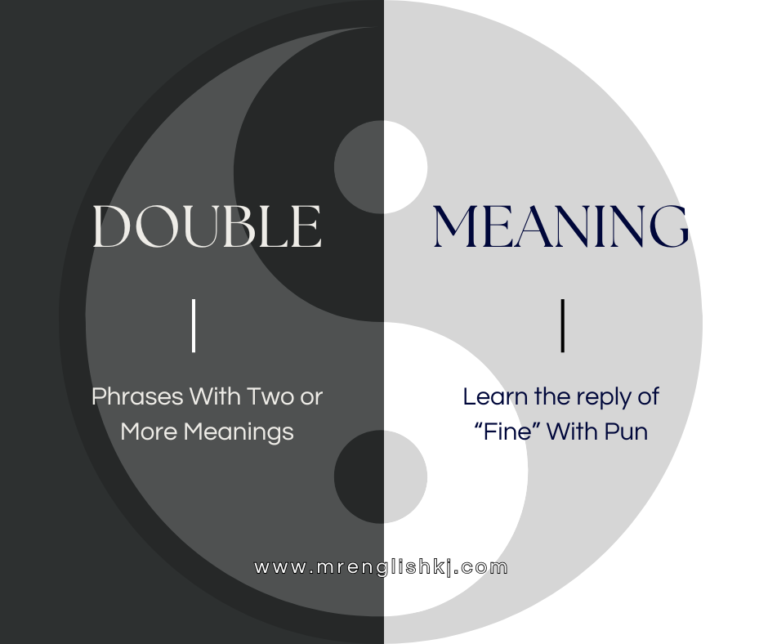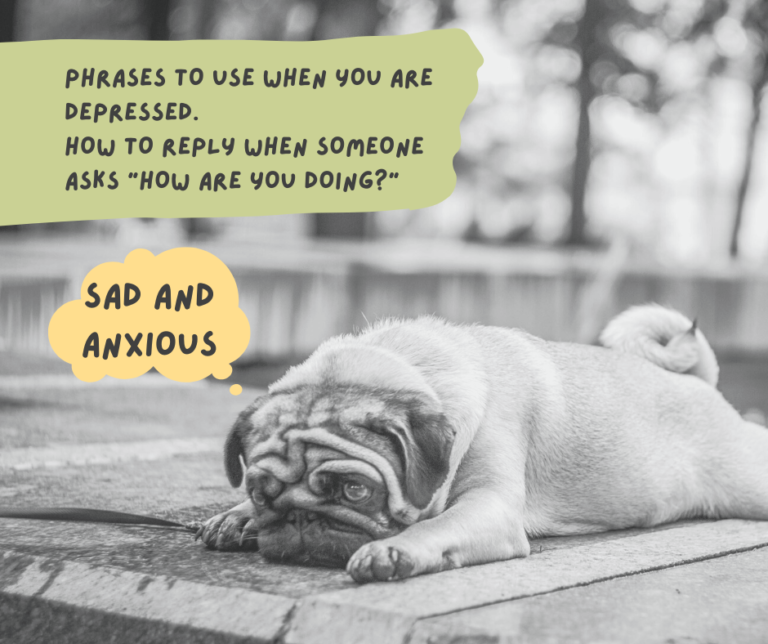Adverb
What is an Adverb? = Adverbs are words that describe or modify a verb, adjective, another adverb, clause, or sentence. An adverb usually ends with “-ly.” An adverb plays a huge role in parts of speech so, it is hard to identify unless it ends with “-ly.”
Let’s look at examples = The red one is an adverb. The green one is an adjective. The blue one is a verb.
- It is an extremely hard game.
- I carefully arrange all the documents.
- He is very stubborn. (Not all adverb ends with “-ly.”)
e.g. = bravely, freely, cowardly, fast, too, very, amazingly, here, there, yesterday, tomorrow, thereafter, extremely, well, really, carefully, right, only, hardly, therefore, personally, far, most, least, never, now, lately, always, happily, quickly, only, etc.
One Word Adverb!
- There are adverbs that are just one word. The adverb tells us how, when, where, how much, or how often a verb is performed. The adverb modifies the verb in these manners. Let’s have a look!
For example = The red one is an adverb.
- How = The prey quietly walks into the trap.
- When = I got the job yesterday.
- How often = She occasionally talks to us.
- Where = They ran there.
- How Much = He snores too loud.
Not One Word!
- There is more than one-word Adverb. “Not all adverbs are just one word, there are adverbial clauses and adverbial phrases which are more than one word. It is a phrase or clause which works as an adverb.
For example = The red one are adverbs.
- How = The prey very carefully walks into the trap.
- When = I got the job at the right moment.
- How often = She talks to us once in a while.
- Where = They ran to the jungle.
- Why = He breaks the law to catch the criminal. (There is no single word of adverb that tells us “Why?”)
- How much = He snores too louder than me.
Adverbs Modify Verb.
- The adverb modifies verbs. The adverb tells us how, when, where, why, how much, or how often a verb is performed.
e.g. = The red one is an adverb. The blue one is a verb.
- We sometimes visit my grandmother. (“Sometimes” modifies “visit.” “When We Visit” – Sometimes)
- I thoroughly investigate the matter. (“Thoroughly” modifies “investigate.” “How I Investigate” – Thoroughly)
- He extremely regrets his mistakes. (“Extremely” modifies “regrets.” “How Much He regrets” – Extremely)
- They called to deny the offer. (“To deny the offer” modifies “called.” “Why They Called” – To Deny The Offer)
Adverbs Modify Adjective
- The adverb modifies adjectives. An adverb intensifies or mitigates an adjective. It strengthens or weakens adjectives.
e.g. = The red one is an adverb. The green one is an adjective.
- I am extremely sorry for this. (‘Extremely’ intensifies ‘Sorry.’)
- He has little faith in god. (‘Little’ mitigates ‘Faith.’)
- I have seen more beautiful things. (‘More’ intensifies ‘Beautiful.’)
- They will be slightly late for the show. (‘Slightly’ mitigates ‘Late.’)
Adverbs Modify Adverb
- The adverb also modifies other adverbs. It also strengthens or weakens adverbs. It describes the quality of adverbs.
e.g. = The red one is an adverb.
- He can finish his work very quickly.
- She performs very well.
- They talk quite annoyingly.
- You rather seriously stop it now.
Position of Adverbs
- The adverb is generally put in three positions. It comes at the beginning, in the middle, or at the end of the sentence. All three positions show a pattern or meaning.
- Beginning = It helps to strengthen or intensify adverbs.
e.g. = The red one is an adverb.
- Sooner! We have a problem.
- Actually, I did not know about it.
- Still, he is following us.
- Middle = It is a grammatically correct position that shows the exact same meaning of the adverbs. It is formal and normal.
e.g. = The red one is an adverb.
- We sooner have a problem.
- I did not actually know about it.
- He is still following us.
- End = It is not grammatically correct. It is informal and normal. It does not give much attention to adverbs.
e.g. = The red one is an adverb.
- We have a problem sooner.
- I did not know about it actually.
- He is following us still.
Types of Adverbs
- Adverbs of Manner (How)
- Adverbs of Place (Where)
- Adverbs of Time (When)
- Adverb of Frequency (How Often)
- Adverbs of Degree (How Much)
- Adverbs of Purpose (Why)
- Adverbs of Sentence
- Adverbs of Certainty
- Adverbs of Focus
Thanks for choosing us!



please add adverb quiz too